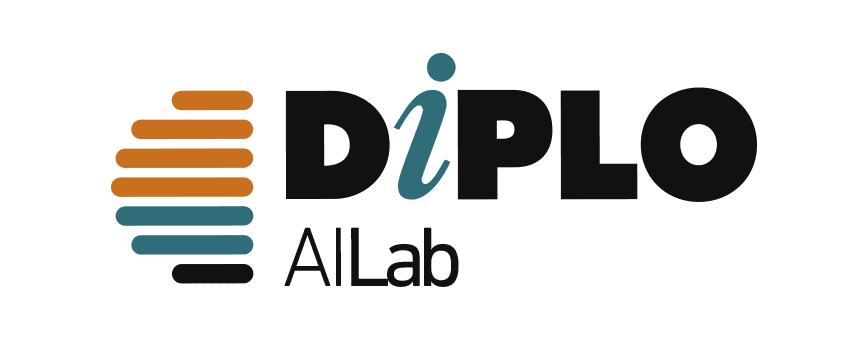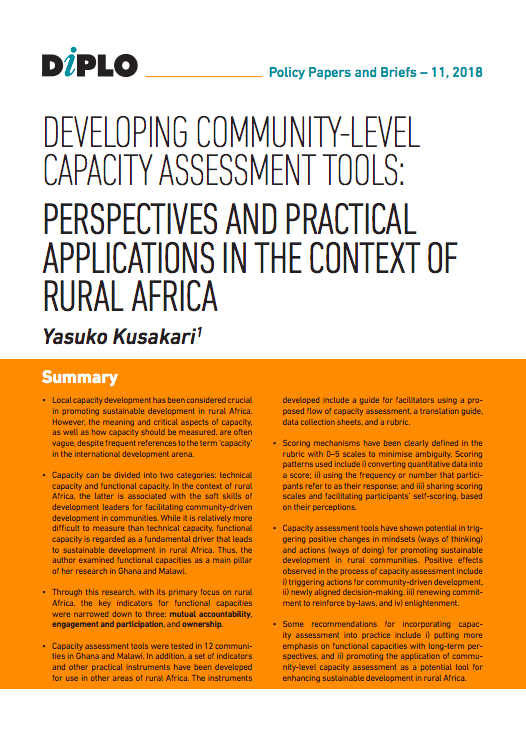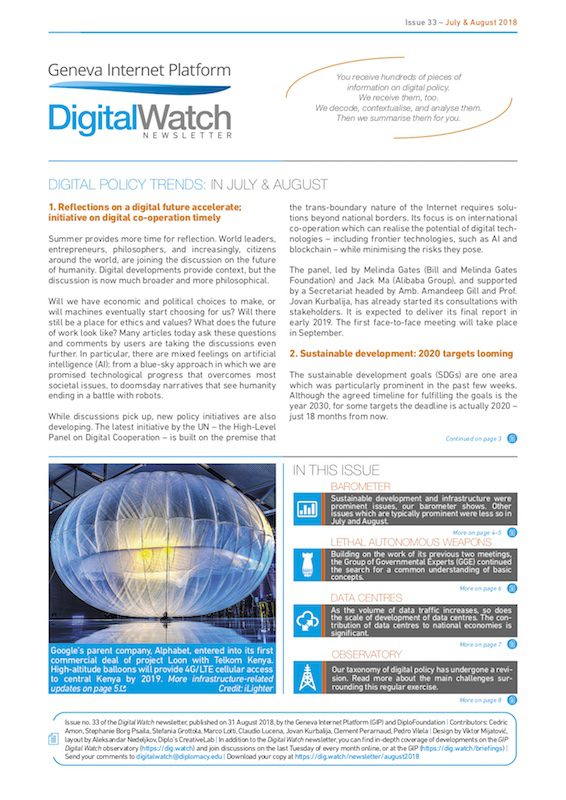
DiploNews – Issue 355 – 18 September 2018
Diplo launches Artificial Intelligence Lab
 Diplo has launched a new initiative dedicated to artificial intelligence (AI). Diplo’s AI Lab is a multifaceted initiative that includes research and analysis on AI policy, capacity development in the field of AI and related areas, reports from main events and discussions on AI, analysis of the impact of AI on diplomacy, and much more.
Diplo has launched a new initiative dedicated to artificial intelligence (AI). Diplo’s AI Lab is a multifaceted initiative that includes research and analysis on AI policy, capacity development in the field of AI and related areas, reports from main events and discussions on AI, analysis of the impact of AI on diplomacy, and much more.
The past few years have seen significant progress in AI, which is increasingly becoming part of our everyday lives. The industry has pioneered smart home devices and buildings, intelligent digital personal assistants, and autonomous vehicles, pushing the boundaries beyond what was previously considered science fiction. The policy implications of AI are also far‐reaching.
Diplo’s approach to exploring these issues is to move beyond the hype. Research on AI will analyse the technological developments and their implications, and cover related areas such as lethal autonomous weapons systems and autonomous vehicles. The research will be carried out in co-operation with the GIP Digital Watch observatory. Diplo’s AI Lab will also partner with other institutions to analyse the impact of AI on diplomacy, including AI as a tool for diplomatic practice, AI as a topic for diplomatic negotiations, and AI as an element shaping the environment in which diplomacy is practised.
Follow the initiatives developed by Diplo’s AI Lab on the dedicated space. For more information, get in touch with the AI Lab at ai@diplomacy.edu
Upcoming study opportunities
Application deadline approaching – 2019 Master/Postgraduate Diploma in Contemporary Diplomacy
Diplo is now accepting applications for the 2019 Master/Postgraduate Diploma in Contemporary Diplomacy, and the Master/Postgraduate Diploma in Contemporary Diplomacy with a specialisation in Internet Governance. These unique postgraduate programmes, offered in co-operation with the University of Malta, include a 10-day residential workshop in Malta followed by 16–20 months of online learning. Visit the Master in Contemporary Diplomacy webpage to read more. Scholarships covering 20%–50% of the Postgraduate Diploma fee are available for applicants from small and developing states. The programme starts on 4 February 2019. The application deadline is 15 October 2018 for international applicants, and 15 November 2018 for Maltese applicants.
Introduction to Digital Policy and Diplomacy (just-in-time Geneva-based course)
The Geneva Internet Platform is offering a course to assist permanent missions in Geneva to actively follow the increasingly important field of digital policy, cooperation, and diplomacy. The 9-week Introduction to Digital Policy and Diplomacy course introduces digital policy and covers main issues, including infrastructure and standardisation, cybersecurity, legal issues, economic issues, development and sociocultural issues, human rights, and Internet governance processes and actors. This blended learning course, combining online learning with weekly face-to-face meetings, will be delivered by DiploFoundation from 8 October to 5 December 2018. To read more and apply, please visit the course webpage. Apply by 24 September 2018.
Autumn courses on diplomacy and digital policy – last chance to apply
There are still a few places left in our online courses this autumn, starting the week of 8 October.
- Consular and Diaspora Diplomacy
- Cybersecurity
- Development Diplomacy
- Economic Diplomacy
- Language and Diplomacy
Apply as soon as posible to reserve your place on our Diplo certificate courses. For further information or to apply, click on the titles of the courses, or visit our courses webpage.
Malta scholarships
Thanks to support from the government of Malta, partial scholarships are available for applicants from developing countries to attend upcoming Diplo online courses. These scholarships cover 30%–60% of course fees and can be applied to most online courses in 2018. Browse our course catalogue and contact us at admissions@diplomacy.edu for further information. You can also sign up for our courses mailing list to be informed about upcoming courses.
Coming up in Geneva: #Cybermediation and new technologies
Technological developments impact all aspects of society, including the practice of diplomacy. Mediation, the peaceful resolution of conflicts through a third party, is no exception. The #Cybermediation initiative, launched earlier this year, explores mediation in the context of new technology, including social media, big data, and artificial intelligence (AI). On 5 October, from 10:00 to 11:30, we continue to explore this topic, looking in particular at the role of blockchain and natural language processing AI. This is not a highly technical event; discussion will be accessible to a general audience with an interest in mediation and the role of new technology. We will give an overview of both blockchain and natural language processing AI and, building on that, make suggestions for potential #Cybermediation activities. Presentations by expert speakers will provide a basis for wider discussion and brainstorming about the future of #Cybermediation as a joint effort between the speakers and the audience. When and where: 5 October 2018, 10:00–11:30 | Room de Mello, 2nd floor, WMO building, Geneva. Read more about the event and register to reserve your place.
New briefing paper: Better capacity assessment in rural Africa

Digital policy in August and September

For a zoomed-out update on Internet governance developments in September, join us for our next monthly briefing, on Tuesday, 25th September. Registrations are open.


